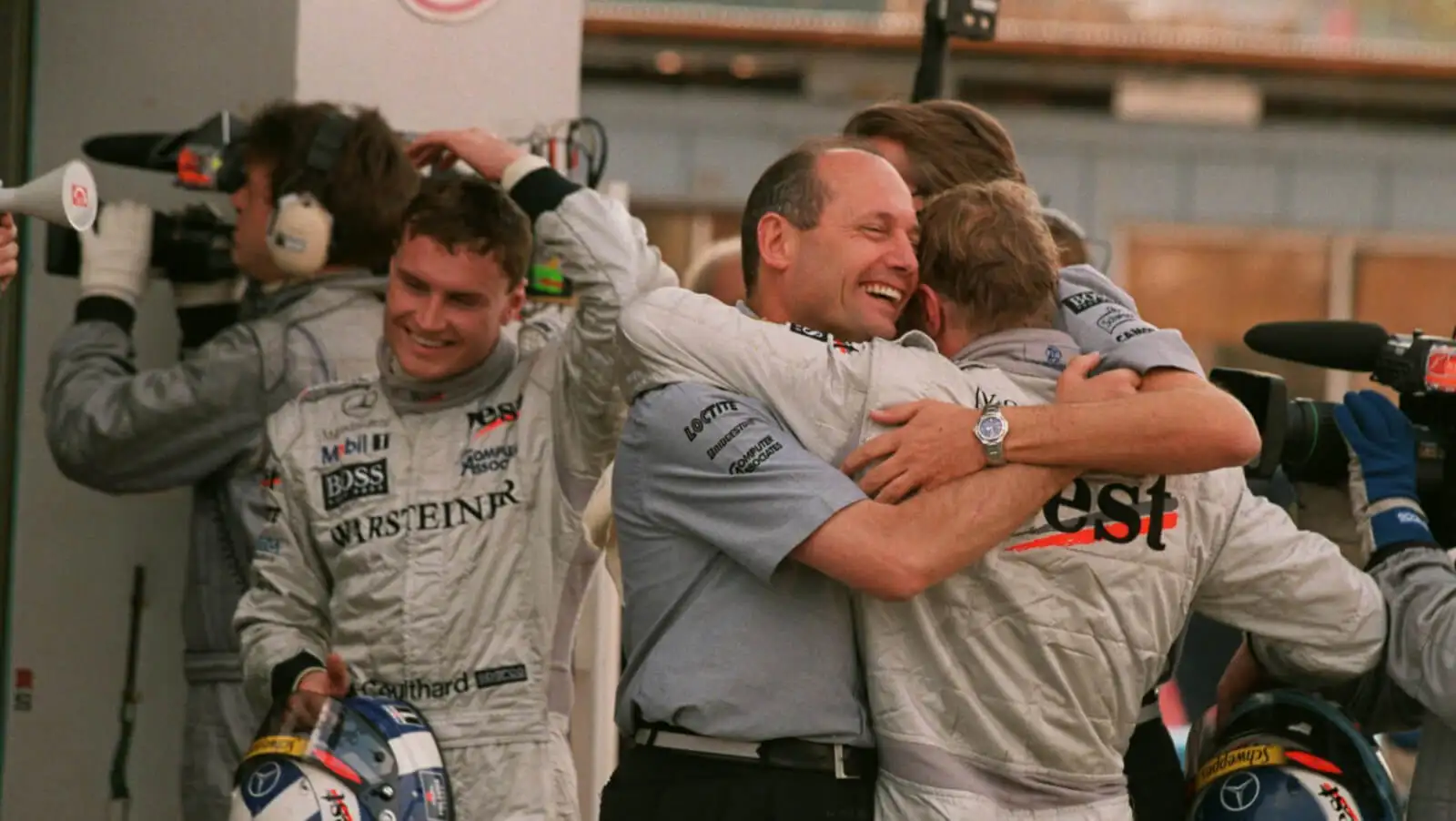In a surprising turn of events, a Formula 1 team found itself in a precarious situation, leading them to retain a driver they initially did not plan to keep. The decision followed a reported “small miscalculation,” which threatened to derail the team’s future.
Former F1 driver Ralf Schumacher has revealed that the team, on the verge of financial insolvency, was forced to keep its driver, Zhou Guanyu, due to a massive €1 billion shortfall. This financial gap, described by Schumacher as a ‘small miscalculation,’ placed the team’s future in jeopardy, necessitating urgent refinancing.
The situation arose as Audi prepared to take over the Sauber team, with significant management reshuffles preceding the 2026 regulation changes. Among these changes were the removal of F1 head Andreas Seidl and chairman Oliver Hoffmann. Their positions were filled by Mattia Binotto, who stepped in as both chief operating and technical officer, amid rumors of an internal power struggle.
Schumacher noted that Zhou, known for his considerable financial backing, became essential to the team’s survival. Despite attempts by Zhou and his sponsors to secure a deal with Haas through a substantial offer, which reportedly exceeded €30 million, those efforts fell through. This left the team with little choice but to retain his services as a strategic financial move.
The management overhaul at Audi suggests deeper issues within the organization. According to insiders, tension between Seidl and Hoffmann added to the team’s woes, influencing the decision to keep Zhou. Meanwhile, Schumacher expressed sympathy for the team, acknowledging the challenging circumstances and emphasizing the need for stability.
Mattia Binotto’s appointment sparked discussions about potential strategic moves, particularly his long-standing rapport with Carlos Sainz. This relationship could play a pivotal role in Audi’s plans, as they look to lure Sainz away from Ferrari, especially considering Binotto’s history with the Spanish driver.
Rumors also suggest that the turbulence within the management could lead to further personnel changes before Audi’s official entry in 2026. While there is optimism about Binotto’s capabilities and his influence on attracting top talent, the constant leadership shifts may hinder Audi’s progression in the competitive Formula 1 landscape.
As the team navigates this financial storm and management reshuffle, only time will tell if these strategic moves pay off. With Audi’s big plans looming on the horizon, the Formula 1 world keenly watches how these developments unfold.










